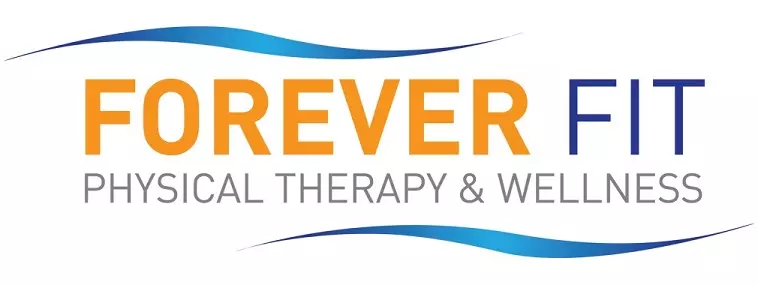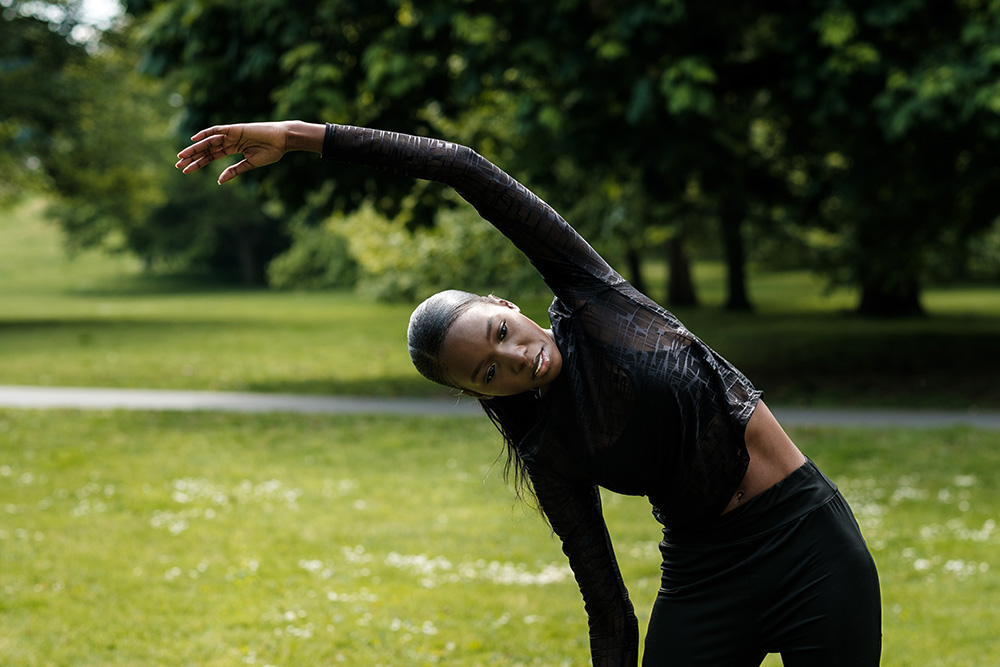Performance anxiety, also known as competitive anxiety, is very common and can impact 30-60% of athletes. Whether you’re in the middle of a game or getting warmed up, learning a new skill or are a seasoned player, you’ve probably found yourself feeling anxious at some point.
Anxiety can differ from person to person and even be unpredictable. However, just as you train for sports, you can train your mind and body to help manage your performance anxiety.
If you’re looking for new tools to help keep your head in the game and out of the clouds, sports performance physical therapy may just be the thing you’re looking for.
Why do I experience performance anxiety?
Anxiety is not just the voice in your head or an imagined feeling. But rather, a response to different factors that may be contributing to your anxiousness around sports. More specifically, you may have experienced any or all of the following:
- Pressure from family and friends
- Intense fear of failure
- Previous negative experiences (a bad loss, previous injury)
- Perfectionism
Common signs of performance anxiety
Your performance is not the only thing that is impacted when you experience sports performance anxiety. In reality, your body and mind are deeply connected and might be giving you subtle signs that you’ve been experiencing anxiety, without even realizing it. Rather than ignoring the signs, it’s important to try and identify them to better manage your anxiety.
Physical signs of performance anxiety
- Racing heartbeat
- Clammy palms
- Nagging headaches or other muscle tension
- Frequent need to urinate (taking several trips to the bathroom)
Mental signs of performance anxiety
- Experiencing a lack of focus or concentration
- Feeling self-doubt (your skills, ability to win, etc.)
- Overthinking and forgetting skills you already know
- Feeling frustrated with yourself
3 physical therapist-recommended techniques to help manage your performance anxiety
-
Learning proper technique
Looking to perfect your golf swing or sink a three pointer in basketball? Having good form can make all the difference in the way you play the game. You might not realize it, but a licensed physical therapist can evaluate you and help improve your technique.
Knowing you can use the proper technique for your sport can help you boost your confidence and alleviate any insecurities you may have in your ability to play the game and help prevent future injury.
-
Increasing strength and flexibility
Playing sports can often be physically demanding, leaving you completely worn out. Having good muscular endurance can help you push through the game even when you’re tired and bounce back afterward.
Incorporating personalized strength and stretching exercises into your pre and postgame routine may help improve your muscle memory and general well-being. It’s easy to underestimate the importance of physical self-care and how it may impact your mental well being.
-
Using breathing and visualization strategies
Breathing is important for an athlete for many reasons, and one of these reasons is that it can help focus and calm the mind if you’re experiencing athletic performance anxiety. Visualization strategies like meditation can also benefit athletes with performance anxiety. Here is some additional information about two commonly-used breathing and visualization strategies:
-
Meditation
When you’re feeling anxious, it’s a sign that your nervous system is telling you that something isn’t quite right. It can often leave you feeling uneasy, placing added stress on your mind and body.
Meditation comes in many forms, but at its core, it encourages you to find a quiet space, to help quiet your mind by shifting your focus to your breathing and bringing your attention inward, away from external distractions. If possible, try to meditate before your next big game and see how it helps your performance.
-
Mindful breathing
Focusing on your breathing may not seem like that big of a deal, but can make all of the difference. You don’t have to find a quiet space or have special training to breathe mindfully.
Practicing mindful breathing such as box breathing is a great tool to relax your mind and body in times of stress. During these times, your sympathetic nervous system is on high alert and can create feelings of angst and uneasiness, maybe even fear.
However, when you start to regulate your breathing, this will help to activate your parasympathetic nervous system, which is responsible for rest and digestion. Essentially, practicing breathwork helps to take you out of the “fight or flight” framework and into a more calming state.
Other ways to help manage performance anxiety
- Listening to calming music before your game or activity, such as while warming up
- Practicing positive self-talk, such as reminding yourself how awesome you are
- Staying hydrated and full; dehydration and an empty stomach may contribute to feelings of anxiousness and impact your ability to play the sport.
Refocus your mind and body for the game ahead
At Forever Fit, we understand that your performance anxiety stays with you when you’re on and off the field. Our team can work with you to explore personalized strategies and hands-on support that can help you feel more confident and in control — both on and off the field. If you live in Severna Park, Frederick, Gaithersburg, or another area of Maryland, consider reaching out to us, you don’t need to go through this alone.
Are you looking for a physical therapist who can help you conquer your sports performance anxiety? We can help. Contact our team today for more information or to schedule an initial appointment.

